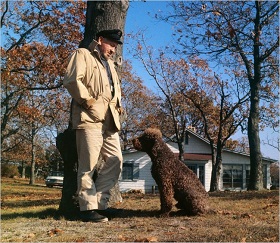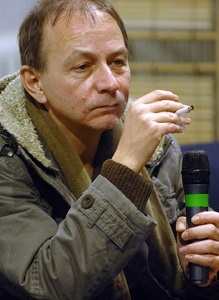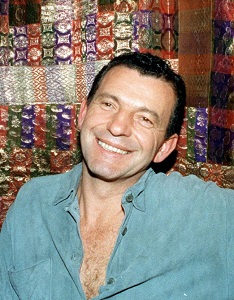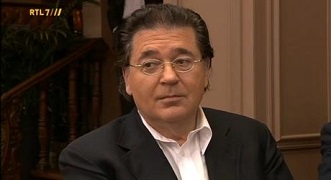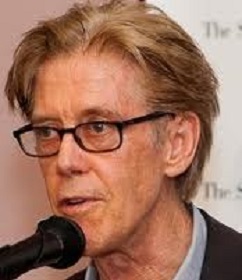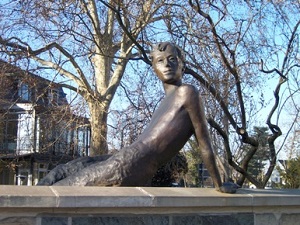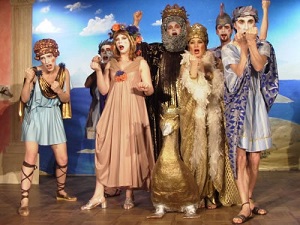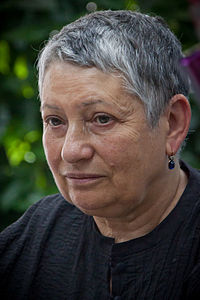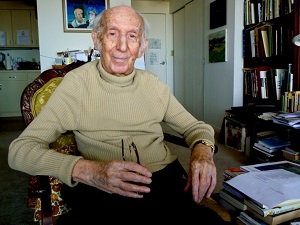De Engelse dichter, essayist en schrijver Stephen Spender werd geboren op 28 februari 1909 in Londen. Zie ook alle tags voor Stephen Spender op dit blog.
On The Third Day
On the first summer day I lay in the valley.
Above rocks the sky sealed my eyes with a leaf
The grass licked my skin. The flowers bound my nostrils
With scented cotton threads. The soil invited
My hands and feet to grow down and have roots.
Bees and grass-hoppers drummed over
Crepitations of thirst rising from dry stones,
And the ants rearranged my ceaseless thoughts
Into different patterns for ever the same.
Then the blue wind fell out of the air
And the sun hammered down till I became of wood
Glistening brown beginning to warp.
On the second summer day I climbed through the forest’s
Huge tent pegged to the mountain-side by roots.
My direction was cancelled by that great sum of trees.
Here darkness lay under the leaves in a war
Against light, which occasionally penetrated
Splintering spears through several interstices
And dropping white clanging shields on the soil.
Silence was stitched through with thinnest pine needles
And bird songs were stifled behind a hot hedge.
My feet became as heavy as logs.
I drank up all the air of the forest.
My mind changed to amber transfixed with dead flies.
On the third summer day I sprang from the forest
Into the wonder of a white snow-tide.
Alone with the sun’s wild whispering wheel,
Grinding seeds of secret light on frozen fields,
Every burden fell from me, the forest from my back,
The valley dwindled to bewildering visions
Seen through torn shreds of the sailing clouds.
Above the snowfield one rock against the sky
Shaped out of pure silence a naked tune
Like a violin when the tune forsakes the instrument
And the pure sound flies through the ears’ gate
And a whole sky floods the pool of one mind.
To my Daughter
Bright clasp of her whole hand around my finger,
My daughter, as we walk together now.
All my life I’ll feel a ring invisibly
Circle this bone with shining: when she is grown
Far from today as her eyes are far already.
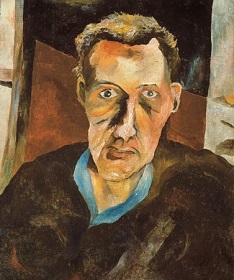
Stephen Spender (28 februari 1909 – 16 juli 1995)
Portret door Lucian Freud, 1940

